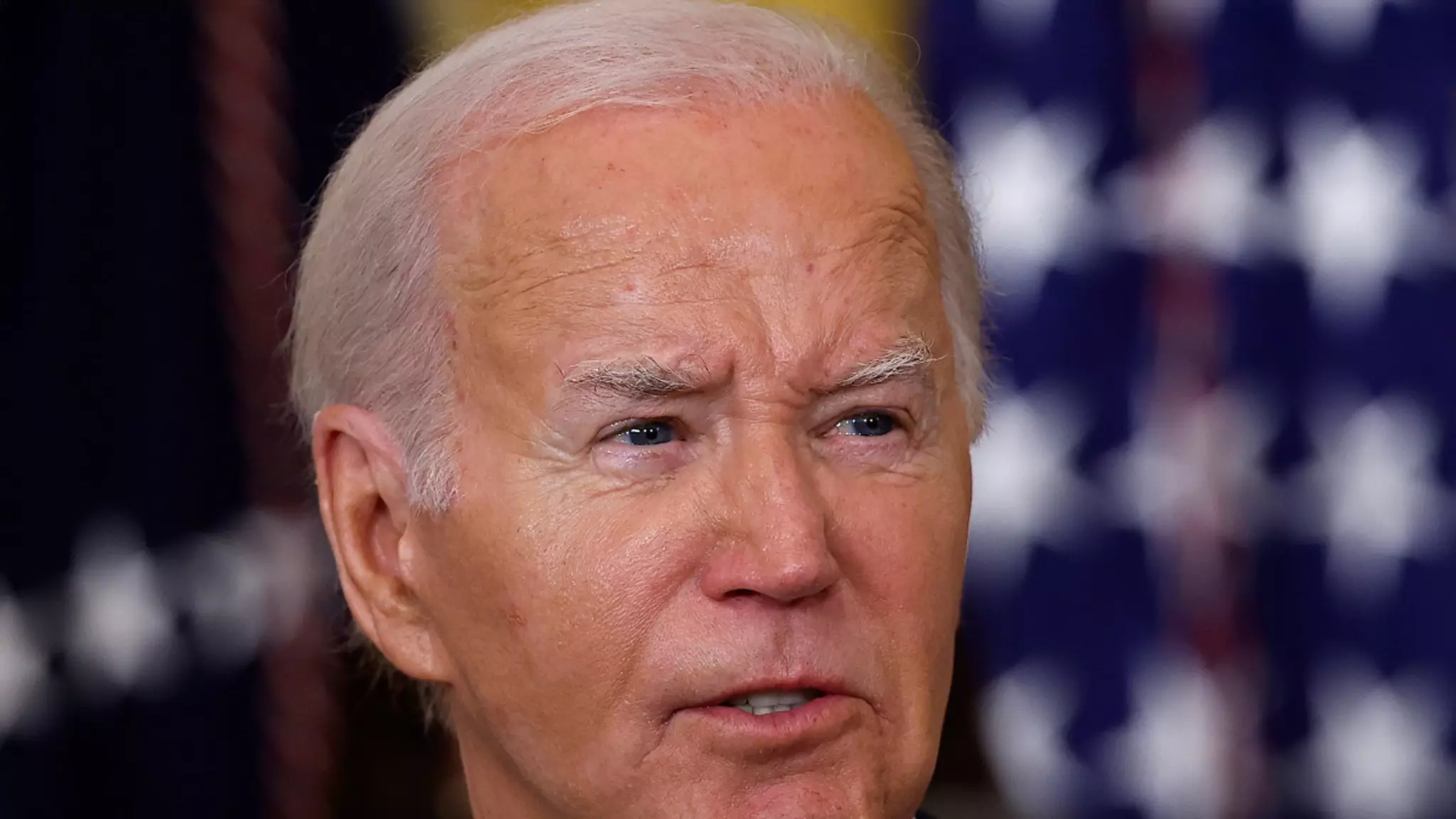As America navigates the complexities of modern leadership, the physical and cognitive wellness of its commander-in-chief has become a topic of intense scrutiny and speculation. Recent reports underline the delicate balance between transparency and political viability, particularly concerning President Joe Biden’s health as he continues to serve in a demanding role at 82 years old. While often shrouded in mystery, issues of decline and disability can take center stage in political discourse, potentially shaping electoral outcomes and public perception.
The Candid Revelations Behind Closed Doors
In the recently released book “Original Sin,” co-authored by CNN’s Jake Tapper and Axios’s Alex Thompson, startling insights emerge from the shadows of Biden’s campaign preparation. It unveils an astonishing willingness among Biden’s advisors to consider extreme measures—such as using a wheelchair to navigate public appearances—solely to mask the deterioration of their candidate’s physical state. This level of secrecy raises some ethical questions about the responsibility of political teams to provide a transparent representation of their leaders. If Biden’s aides deemed him unfit for the rigors of public life, should they not prioritize actual candidacy readiness over optics?
Such discussions reflect wider societal issues around ageism and the expectations placed upon older leaders. Biden’s slow and careful movements might be interpreted as a liability; however, it should also prompt a conversation about the richness of experience and wisdom that often accompanies longevity in leadership positions.
Cognitive Concerns: A Catalyst for Change
Biden’s health challenges extend beyond the physical realm into cognitive strains, which have sparked heated discussions within the Democratic Party. The pressure for him to step down as the nominee due to mental acuity concerns raises not just medical questions but ethical ones as well. Are voters entitled to insight into the health of their leaders, particularly when their decision-making affects millions? The tension between retaining political power and promoting a new generation like Vice President Kamala Harris hints at unsteady ground.
This development points to a fundamental truth in American politics: the fear of inadequacy can overshadow the greatness that seasoned leaders bring. The discussion of Biden’s cognitive abilities primarily serves to alarm rather than to reflect a nuanced understanding of his capabilities, illustrating how health concerns can be weaponized in political arenas.
The Shadow of Health Crisis
Biden’s ongoing medical evaluations, including recent visits for a prostate nodule, add another layer of complexity to this already convoluted narrative. These personal health concerns are often treated as mere footnotes in political discourse. However, they are powerful indicators of a president’s capacity to fulfill the role, leading to uncertainties about the future of leadership during trying times.
The juxtaposition of Biden’s frail health with his ambitions to outmaneuver former President Trump highlights the underlying tensions in a system that often prioritizes image over genuine capability. Voters must grapple with their leaders’ humanity and the realities of age and health, while political teams accommodate these concerns, sometimes at the cost of honesty.
In a landscape where public figures are often placed on pedestals, the revelations surrounding Biden’s candidacy invoke a necessary dialogue about the nature of leadership, aging, and the ethical considerations of supporting those who guide the nation through turbulent waters.

